Estimated reading time 6 minutes, 13 seconds.
In a bid to overcome a pilot shortage in Canada, vision-science experts affiliated with the Waterloo Institute for Sustainable Aeronautics (WISA) are blazing a trail towards a potential solution through pioneering research.
The team of experts is spearheading a study titled “Vision Gaze Stress and Pilot Performance,” funded by a substantial $200,000 grant from the Federal Economic Development Agency of Southern Ontario (FedDev) Aerospace Regional Recovery Initiative (ARRI). The grant forms part of WISA’s larger $9.17 million funding allocation for 39 “Research for Impact” projects.
Led by Dr. Elizabeth Irving, a professor in the University of Waterloo’s School of Optometry and Vision Sciences, the researchers are aiming to establish more realistic and pertinent vision standards for pilots “without compromising the necessary safety standards,” WISA said in a news post on Aug. 18.

The institute describes its efforts as “a vision to get more pilots in the air” — pun intended.
“There’s a pretty good chance that vision standards [for pilots] are unnecessarily stringent,” stated Irving. “Based on their vision, we could be discriminating against people who could do the job, and that is limiting the pool of people to become pilots. Also, we are potentially unnecessarily decommissioning trained, functioning pilots based on their vision.”
WISA highlighted the fact that Canada’s aviation sector was grappling with an acute shortage of pilots relative to industry demand even before the onset of the Covid-19 pandemic in 2020.
A 2018 report by the Canadian Council for Aviation and Aerospace said Canada’s aviation industry would require an estimated 7,300 new pilots by 2025. Of course, challenges brought on by the pandemic exacerbated this issue.
If the researchers succeed in their objective, “they could boost the aviation workforce by bringing in more new pilots, retaining more experienced ones, and enabling faster, more economic flight training,” said WISA.
To make this goal a reality, WISA has joined forces with Waterloo, Ontario-based start-up EXO Insights, which specializes in biometrics. The institute said the project began several months ago, and the results so far “are extremely promising.”
As of July, Irving and her team have successfully conducted two experiments linked to pilot vision standards, utilizing a flight simulator within the WISA Sim Lab at the University of Waterloo. More than 30 student pilots from the university participated in the experiments.
The initial trial was designed to assess the impact of compromised vision on flight performance during a simulated airport landing under optimal conditions. To achieve this, WISA explained that the participants’ vision was artificially impaired using a specialized lens that ”scatters light and blurs objects.”
Interestingly, the data collected by researchers suggested that “pilots with comparatively poor vision were well able to land a plane,” said WISA.
Irving added: “Unless we got rid of vision entirely, people [with impaired vision] could land a plane with hardly any effect on their performance.”

In the subsequent experiment, the researchers probed further by examining the effects of vision degradation on flight performance during simulated airport landings in inclement weather — including rain, wind, or a combination of the two.
“This time, the test participants found it harder to land,” shared WISA. “In some instances, it was difficult for them to find the airport.”
Moving forward, EXO Insights will contribute to the study by measuring participants’ biological responses — such as heartbeat, eye movement, and stress — to provide “objective data associated with the participants’ perception of stress, task difficulty, and workload management,” said WISA.
Moreover, flight instructors’ assessments will be compared with objective flight performance data from the sim.
“The combined data becomes a very powerful assessment tool,” stated Irving.
She noted that her team’s discoveries undoubtedly open doors for further exploration. However, more research is “necessary before proposing any changes to the medical requirements for pilots based on this study,” she acknowledged.
“Eventually, change may happen.”
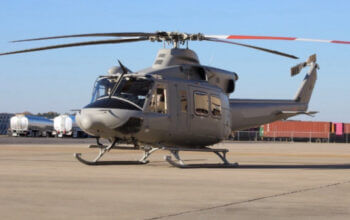
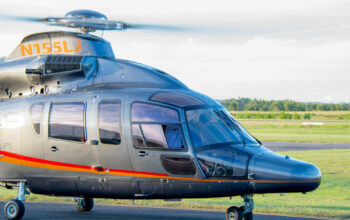
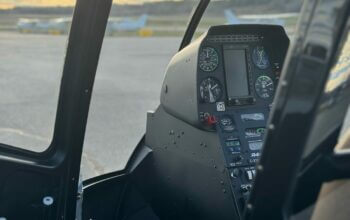
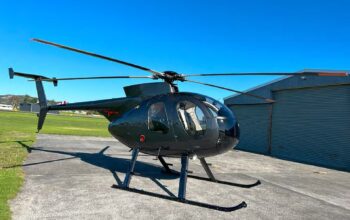
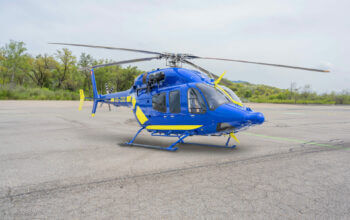
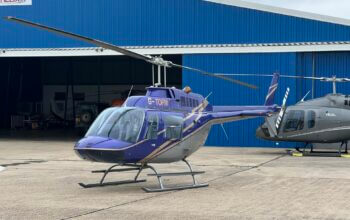
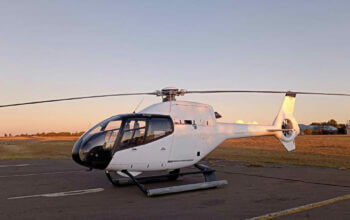
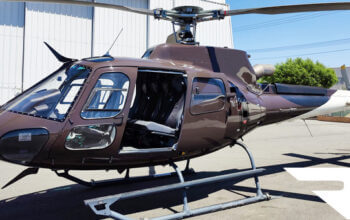

Ex USAF Flight Surgeon here as well as commercial, instrument fixed wing and rotorcraft. Do not lower vision standards. They need to be stringent.